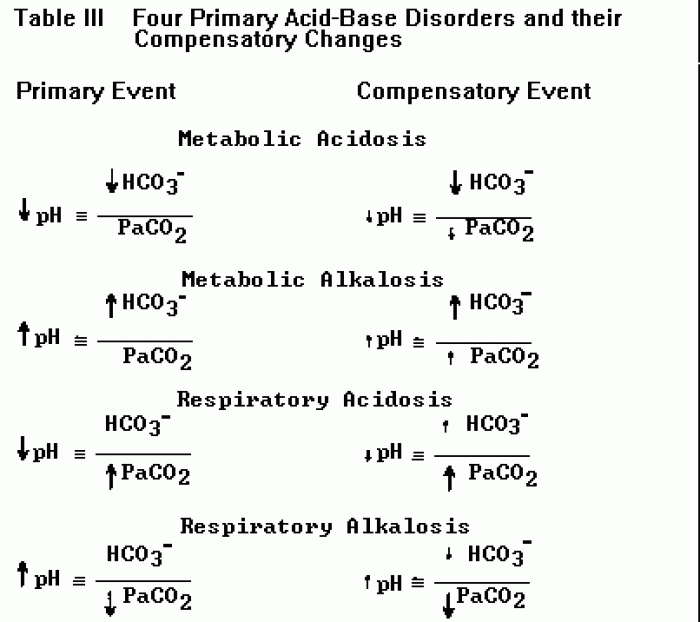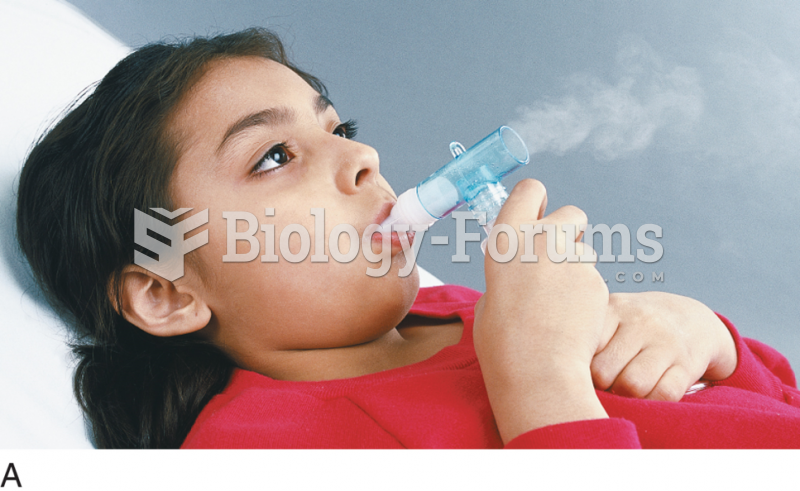|
|
|
In ancient Rome, many of the richer people in the population had lead-induced gout. The reason for this is unclear. Lead poisoning has also been linked to madness.
Asthma cases in Americans are about 75% higher today than they were in 1980.
There used to be a metric calendar, as well as metric clocks. The metric calendar, or "French Republican Calendar" divided the year into 12 months, but each month was divided into three 10-day weeks. Each day had 10 decimal hours. Each hour had 100 decimal minutes. Due to lack of popularity, the metric clocks and calendars were ended in 1795, three years after they had been first marketed.
Warfarin was developed as a consequence of the study of a strange bleeding disorder that suddenly occurred in cattle on the northern prairies of the United States in the early 1900s.
Amphetamine poisoning can cause intravascular coagulation, circulatory collapse, rhabdomyolysis, ischemic colitis, acute psychosis, hyperthermia, respiratory distress syndrome, and pericarditis.
 To reduce stress on your client’s neck when the head is turned, put a towel under the shoulder and ...
To reduce stress on your client’s neck when the head is turned, put a towel under the shoulder and ...
 Wrap the client securely with sheets. (A) Lay one side of the sheet over the body. (B) Enclose the ...
Wrap the client securely with sheets. (A) Lay one side of the sheet over the body. (B) Enclose the ...





